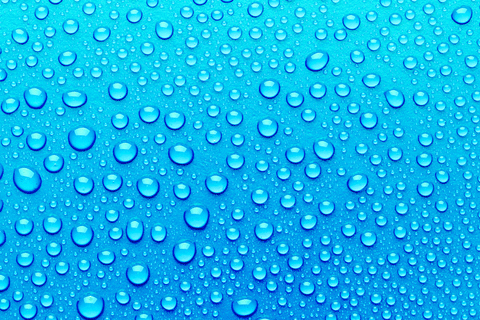The Basics of Sterile Water Systems: An Introduction to Biopharmaceutical Manufacturing
Biopharmaceutical manufacturing stands at the forefront of modern medicine, producing a range of life-saving drugs, vaccines, and therapies. A critical, often underestimated, component of this manufacturing process is the provision of sterile water. For contract engineers building these systems, understanding the basics of hygienic water systems and their significance is essential. This article overviews these systems and why they are pivotal in biopharmaceutical manufacturing.
What is Sterile Water?
At its core, sterile water has been treated to remove or kill all microorganisms, including bacteria, viruses, fungi, and spores. This level of purity is essential for biopharmaceutical manufacturing to prevent product contamination, ensuring the end product's safety, efficacy, and quality.
Why is Sterile Water Important in Biopharmaceutical Manufacturing?
Safety: Contaminated water can introduce pathogens into the product, posing severe health risks to end-users.
Efficacy: The presence of impurities or contaminants can alter the drug's chemical makeup, impacting its effectiveness.
Regulatory Compliance: Regulatory agencies, such as the FDA, have stringent standards for water quality in pharmaceutical manufacturing. Non-compliance can lead to penalties, recalls, and damaged reputations.
Product Quality: Pure water ensures consistency in product quality, a crucial factor for patient trust and brand reputation.
Components of a Sterile Water System
For contract engineers, it's vital to recognize the various stages and components involved in creating a sterile water system:
Pretreatment: This is the first stage, where source water is treated to remove large contaminants and sediments. Processes may include filtration, softening, and sometimes preliminary disinfection.
Primary Purification: Techniques such as reverse osmosis (RO), distillation, or ultrafiltration are employed here to remove dissolved salts, organic compounds, and other minute contaminants.
Polishing: This stage perfects the water quality. Techniques such as electro-deionization (EDI), ultrafiltration, or additional RO processes are applied.
Disinfection: This critical stage ensures microbial sterility. Methods include heat, ultraviolet (UV) radiation, or chemical disinfectants.
Storage and Distribution: Sterile water must be stored in a manner that maintains its sterility. The distribution system, usually a network of stainless steel or specialized plastic pipes, should be designed to prevent stagnation and microbial growth.
Design Considerations for Contract Engineers
When building out a sterile water system, engineers must consider several key factors:
Water Source: The source water quality directly impacts the type and intensity of treatment required. Regular testing is necessary to assess the water's microbial and chemical profile.
Flow Rates: The system should be designed to meet the manufacturer's water needs, ensuring no water stagnation while avoiding overproduction.
Material Selection: Materials in contact with the water, such as pipes and tanks, should be non-reactive and corrosion-resistant. Stainless steel is a popular choice.
Monitoring and Control: Implement systems for real-time water quality monitoring, including conductivity, pH, temperature, and microbial counts.
Redundancies: Given the critical nature of water quality, it's wise to build redundancies into the system, such as backup disinfection methods or multiple purification units.
Final Thoughts
The importance of sterile water systems in biopharmaceutical manufacturing cannot be understated. As contract engineers build these systems, understanding their components, design considerations, and the overarching role of sterile water is essential.
While the complexities involved can be daunting, the outcome—a robust sterile water system—ensures that biopharmaceutical products are of the highest quality, safeguarding public health and reinforcing the integrity of the pharmaceutical industry.










